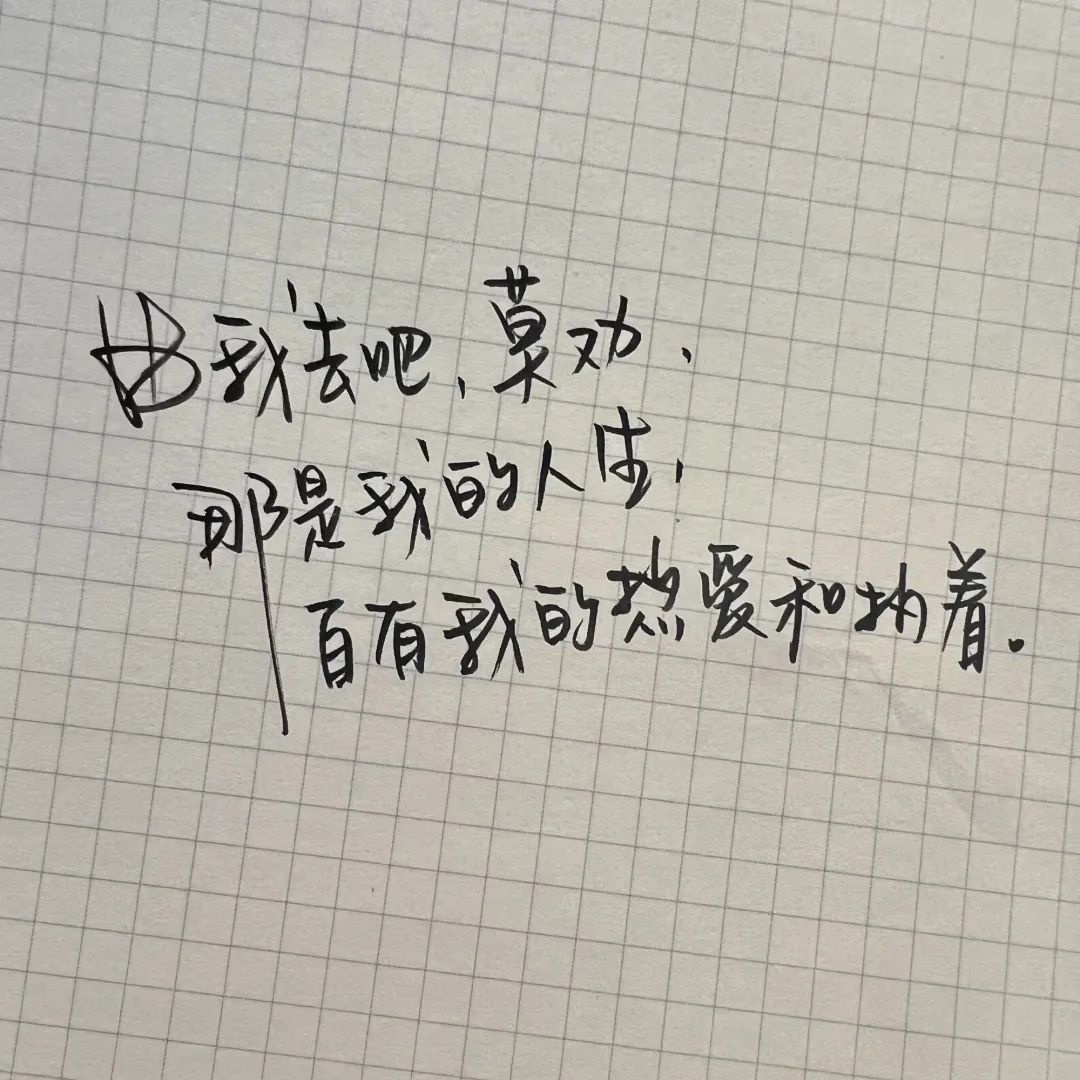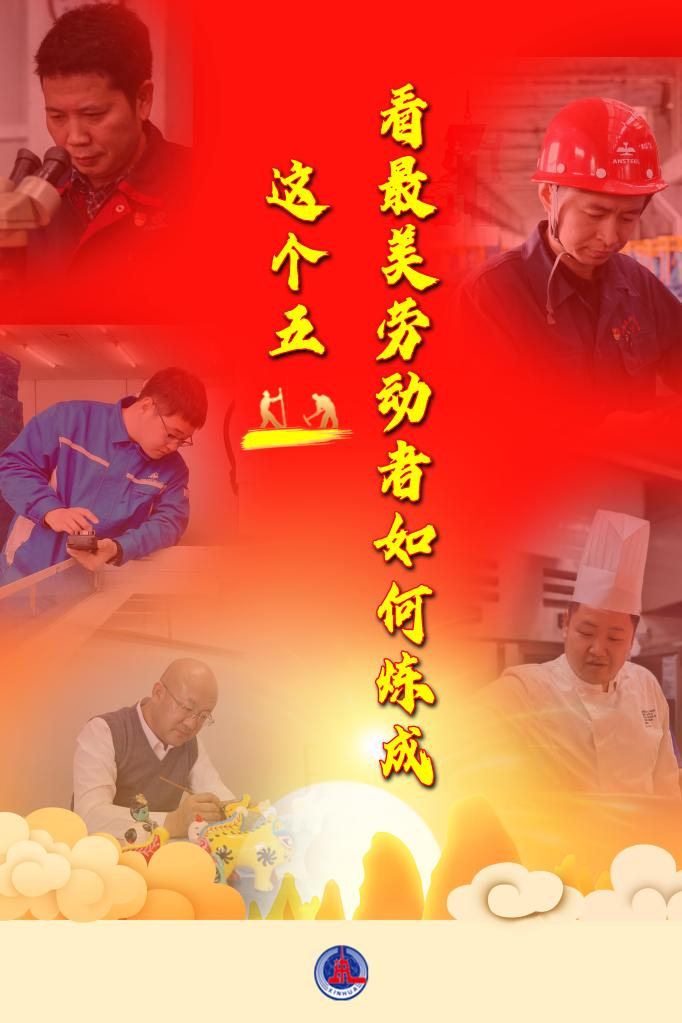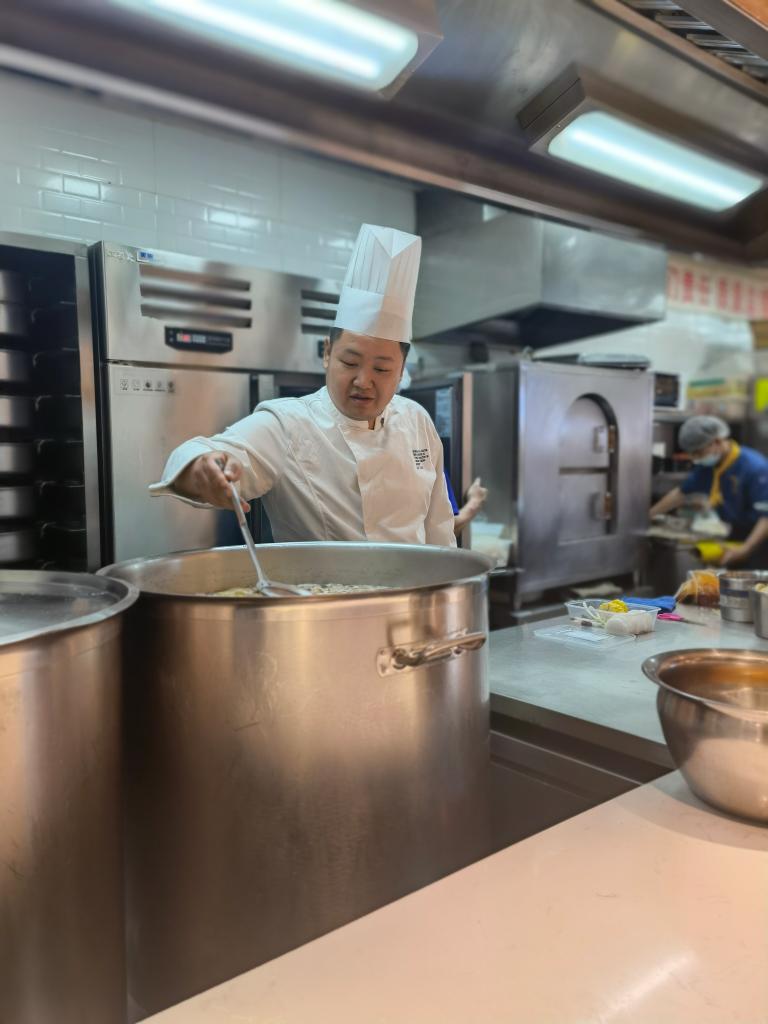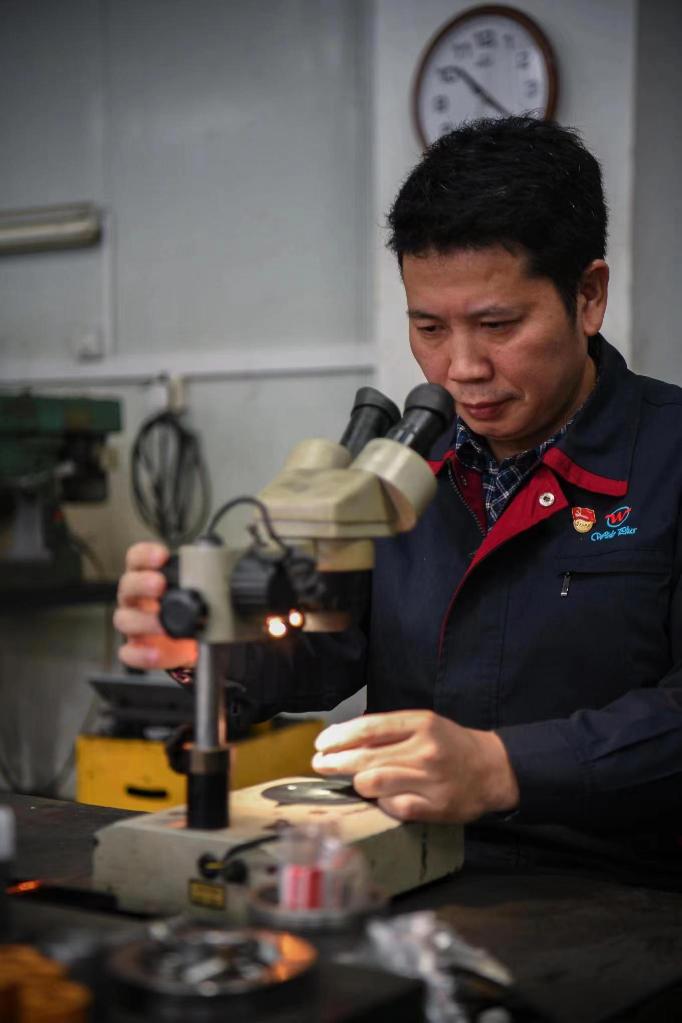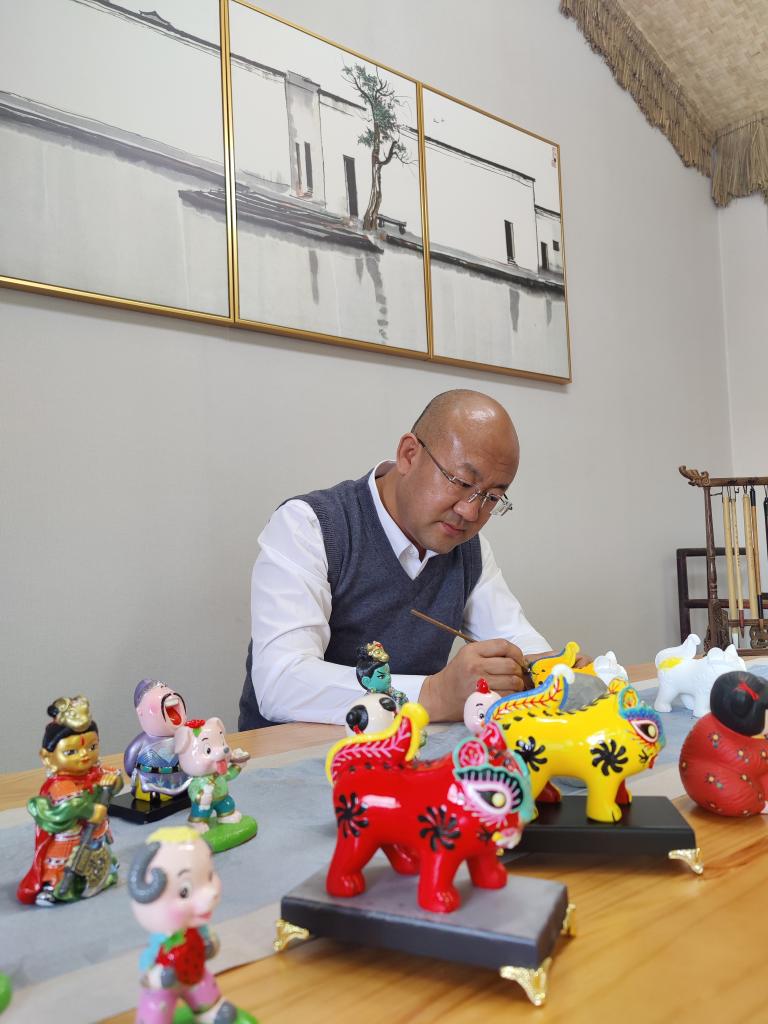[car home Industry] When people talk about ZF, they must have a high evaluation of its 8AT gearbox. There are countless partners in this star product, especially BMW, which is famous for its control. Most of its models use ZF 8AT gearbox. Today, ZF will no longer be a simple gearbox company, but will gradually evolve into a technology company focusing on the future travel field.
"Before 2030, ZF’s contribution to the Asia-Pacific region needs to reach 30% of the group’s income, and the China market will become the main source of growth to achieve this goal." At the strategic cooperation ceremony between ZF and China technology company Tiantong Weishi on June 15th, Dr.Holger Klein, director of ZF Group, said, "This requires us to cooperate with forward-looking partners in the local ecosystem of China."

■Why did you choose Tianqi Weiwei?
On June 15th, ZF signed a strategic cooperation agreement with CalmCar to jointly develop cost-effective automatic parking (APA) and automatic parking service (AVP) systems. At the same time, this is the first time that ZF has invested in a local start-up technology company in China.
In Ke Haozhe’s view, it is now in an era full of challenges and changes. On the one hand, the travel industry is facing common challenges such as COVID-19 epidemic, chip trade and climate change; On the other hand, software-defined cars, as well as the development of technologies such as autonomous driving, artificial intelligence and 5G, will combine the digital world in the field of travel with the real world. These common challenges and opportunities are complex and interrelated, and ZF should cooperate with upstream suppliers, first-class suppliers and automobile manufacturers.
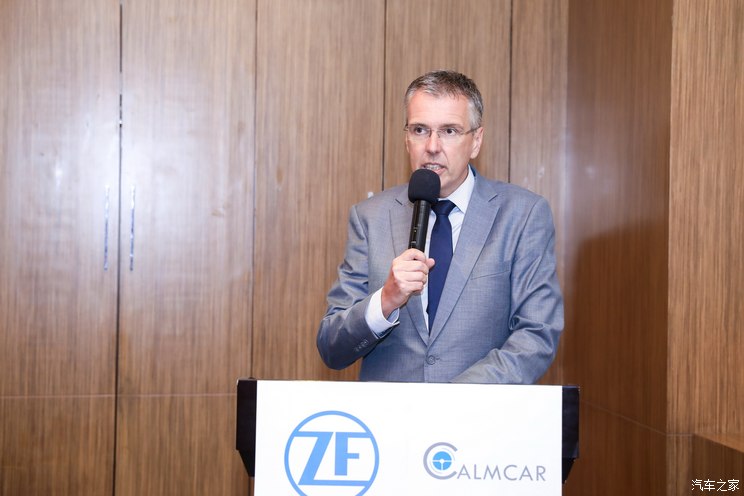
"Ke Haozhe, Director of ZF Group"
In recent years, by actively participating in the domestic ecological circle, ZF has actively deployed its work focus and company resources in the high-tech development of China, and taking a stake in Tiantong Weishi is a major move of ZF. "This year coincides with the 40th year of ZF’s operation in China. At this key node, ZF participates in the China automobile ecosystem and has deeper cooperation with China start-ups. This is also an important performance of the Group’s emphasis on the China market. " Ke Yuzhe said.
ZF has made some achievements in the key technical fields of automatic driving, from high-precision sensors and intelligent actuators to high-efficiency on-board central computers and service-oriented software systems. Perhaps the outside world will ask, start-ups are overwhelming, why did ZF choose Tianqi Weiwei?
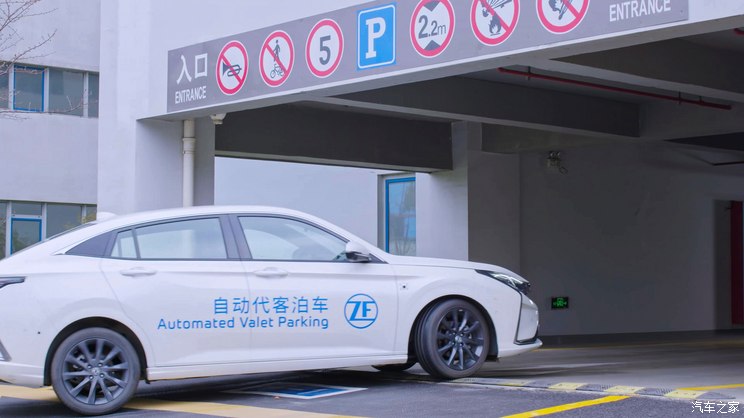
Xing Xun, Engineering Director of China Electronics and Driver Assistance System Division of ZF Group, said, "As early as 2017, ZF cooperated with Tianzhu, and now the technical achievements of our cooperation have been verified in 3-4 years. This also means that this technology is reliable. "
"ZF is not willing to invest in a company if it is only famous, rather than the two sides spend time and energy on joint development. This is a starting point for ZF to cooperate with start-ups in China-it takes some time and technical precipitation. " Xing Xun added.
At the same time, Damon, founder and CEO of Tiantong Weishi, predicted that in 2023, L2-class and L3-class advanced assisted driving will achieve large-scale development in the China market, and in 2025, China will usher in large-scale mass production of L4-class autonomous driving. Compared with the global OEM layout, China will be two years ahead, among which low-speed assisted autonomous driving has completed 35% assembly rate in 2020.
ZF and Tiantong Weishi have come a long way, and now is the right time to strengthen and deepen cooperation.
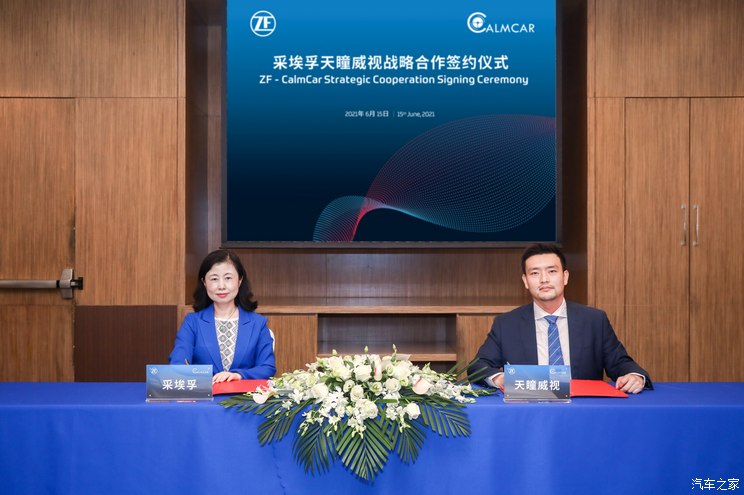
Wang Runyi, President of ZF China and Senior Vice President of Asia Pacific Operations, and Damon, Founder and CEO of Tiantong Weishi.
■AVP system landed in China on a large scale?
"The automatic parking system, whether it is the end consumer or the OEM, has a very strong demand for this function." Asked why ZF laid out the AVP field, Xing Xun said, "Aiming at the problem of parking difficulty, automatic parking service is a product that really comes from the demand side."
ZF will start with automatic parking and automatic parking service, and build future-oriented autonomous driving technology to support the next generation of travel modes. If we look back at the Shanghai Auto Show in April this year, ZF released AVP automatic parking service technology for the first time. In fact, this technology is based on the deep cooperation between the two parties.
ZF’s specialty in sensor actuators and system integration, combined with the software support of Tiantong Weishi and the crowdsourcing map technology of another partner, this AVP automatic parking service technology can provide an economical and efficient solution for car companies without relying on the transformation of parking lot infrastructure and the prefabrication of high-precision maps of parking lots.

"Actually, ZF has a relatively comprehensive layout in L2-level assisted autonomous driving and L4-level autonomous driving on highways. Comparatively speaking, there are shortcomings in the low-speed automatic parking scene." Xing Xun said frankly, "In this field, the working conditions in China are very different from those in foreign countries, including the parking environment and garage construction methods. Cooperation with Tianzhu Weishi is essentially a supplement and improvement to ZF’s construction of autonomous driving map. "
Just as the technical route of self-driving cars is divided into bicycle intelligence and vehicle-road coordination, automatic parking service also has two major routes: vehicle end and field end. It is reported that the AVP system jointly developed by ZF and Tianzhu is mainly based on vehicle intelligence.
The automatic parking service system is equipped with four fisheye cameras with a panoramic view of 192. By using the fusion of 360 panoramic view perception of Tiantong Weishi and ultrasonic radar perception, the system can effectively identify parking spaces and obstacles, help vehicles locate indoors and outdoors, and plan automatic parking paths in real time.

"There are 400,000 paid parking lots in China. If we carry out large-scale field-side renovation, it is actually unrealistic. Therefore, Tianzhu Weishi uses its own unique algorithm advantages and combines ZF’s century-old experience to realize automatic parking service without increasing the cost of the vehicle on a large scale. " Damon, founder and CEO of Tianzhu Weishi, stressed, "Only in this way can the AVP system land quickly and on a large scale."
It is understood that ZF AVP system is scheduled to be installed for the first time on the models of China automobile manufacturers at the end of 2022, and the landing scenes are airports, shopping malls and parking lots.
■Meet the new challenges of China market
"The cooperation between ZF and Tiantong Weishi is a good start, but such cooperation is definitely not the only cooperation of ZF. We will conduct a very profound and comprehensive investigation in the future to find a partner that complements ZF in culture and technology in the automobile ecosystem, making the overall business model of the group more flexible." Wang Runyi said, "This is our goal, and ZF will carefully and openly choose China partners."

2021 is the 40th year that ZF entered China. In these 40 years, ZF has witnessed the rapid development of China automobile industry. From 1981, ZF received its first order in China, to 1994, ZF opened its first factory in Langfang, and now, ZF has nearly 50 manufacturing enterprises and three R&D centers in China. ZF has gone through the process from "sales in China" to "manufacturing in China" and then to "R&D in China".
It is worth mentioning that ZF’s sales in China increased by 10.3% in 2020, which is at the same level as that in its home market. In the past two years, as a Tier1 supplier, ZF found that the demand of China OEM changed greatly.
"First of all, the OEM’s own research and development capabilities have been significantly improved; Secondly, the technology and services provided by the main engine factory to suppliers need to be faster in response speed; Finally, it is more flexible in technical requirements, and tends to combine the specific needs of OEMs, with a more systematic and deeper understanding. " Wang Runyi told car home.
"In the past, a new model was developed for three or four years. This era no longer exists. What we see is the average aging of 6-18 months. This puts higher demands on ZF’s R&D team. " Wang Runyi believes that ZF needs the help of local start-ups in China to respond to customers’ requirements quickly.

In fact, at the technical level, the supply mode of black box or white box in the past can no longer meet the needs of OEMs. "OEMs hope that ZF can help tailor the architecture based on them and make technical synthesis according to customer needs." Wang Runyi said.
For example, the cooperation between ZF and Tiantong Weishi not only speeds up the R&D process of ZF localization, but also shortens the technology R&D cycle, accelerates the technology iteration speed, and enables the latest technology to be put into the market better and faster. By strengthening technical exchanges, the two sides will jointly build a new platform with complementary advantages and win-win cooperation.
As Wang Runyi said, "China is the top priority of ZF’s future development strategy. We will continue to increase investment in China, welcome the deepening exchanges between partners inside and outside the industry with an open mind, look forward to the future together, and explore different cooperation modes. Qi Xin will work together to turn challenges into opportunities, which will make it impossible and possible."
■ Editor’s summary:
In addition to the automatic parking service technology launched this time, ZF has continuously expanded its business boundaries in recent years, focusing on the "next generation travel" strategy. For example, the establishment of the electric drive technology division, the integration with the commercial vehicle technology company Webeco, the sales of independent software solutions and the establishment of a brand-new software center. There are no enterprises that are always successful, only enterprises that constantly adapt to the general trend of the times. (Text/car home Peng Fei)



















